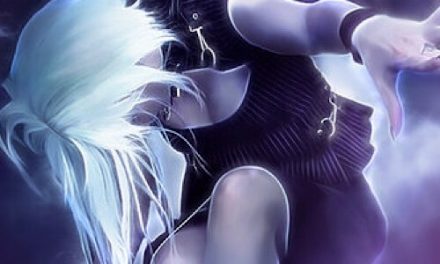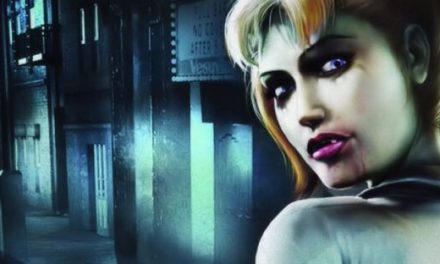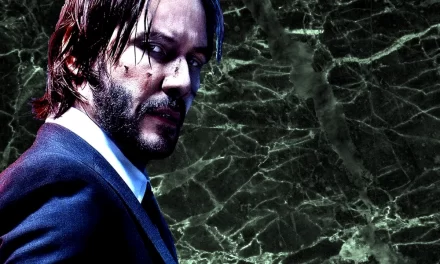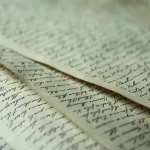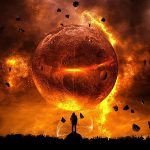He died when he was little. Well, not died exactly, and not when he was so little. What his life was beforehand seemed minuscule, almost immaterial in contrast. Hamlet may have criticized Horacio about the limits of philosophy, but he was certainly on-point when it came to the heavens and the earth.
When the paramedics revived him, he sobbed in long, shaking bouts. “Some people are just happy to be back,” one opined. He was not happy to be back – not that death had any attraction for him, it still didn’t, but it did show him a much larger world than he could ever perceive while still walking the waking world. Being thrust back into the small mortal shell of his life was painful both spiritually and physically.
Sullen and morose, his parents attributed the stark change in mood to the accident, whether the shock of what happened or some underlying brain trauma that had gone undiagnosed. He began studying religion, though not for any personal salvation or limited to only one creed – he wanted to see if there were others who had seen what he saw, writers who could put to words that which he experienced. Religion seemed like the right place to look.
A lot of titles find their way into the “new age” category, whether they are recycled spiritual ideas from antiquity given new paint or unsupported speculation by writers with pages to fill. When he ran out of the city library’s books on comparative religion, he found himself at the entrance to the rabbit hole of an entirely unfamiliar genre.
Dismissing most of what he read, one day he picked up The Essence of Eternity by Stephen Mackelmus, Ph.D, and didn’t leave the library until he had finished it, so enrapt by its explanations of the very experience he himself had gone through years before. Hoping he had at last found a kindred spirit, he began to compose a letter to the doctor, hoping he was willing to talk, or even that he was still alive at all.
What matters more – the colorful, chaotic, creative world of the living or the static, ordered realms of eternity? Some Euthanatoi dedicated their lives to the philosophical debate, while others argued from the other side, their bodies long having been returned to the dust. As far as he knew, there had never been a consensus – every scholar saw the value of each realm, but none could ascribe a concrete evaluation of the merits of one over the other. The process of life, death, and rebirth was an important one – perhaps the most important of all – but the fact that he couldn’t pick one over the other ate at him.
He knew of some mages that had fallen into the throws of Jhor, a wasting melancholy that came from the living spending too much time around the dead and dying, and that his order was quick to correct the path of anyone venturing too deeply down that road, but he didn’t fear that outcome; his was a logical, value-based question, not an extended exploration of the pale realms. After all, he couldn’t devote himself entirely to studying the lands of eternity when there may be a chance that the living were more important after all.
It isn’t a question of ethics or morality, he thought, it was simply a question of importance. Ultimately, did life give meaning to death or was it the reverse? He found himself slipping farther from his companions, unable to fully rationalize the sense of right and wrong that was so entrenched in modern society. The question and its very nature ate at him, and he traveled in order to find answers.
It’s hard to say if he will ever find an objective truth about the nature of the universe, but maybe it will be enough that, one day, he will find an answer hat satisfies his curiosity. Until then however he continues to roam, seeing life and death perched on a scale, without the ability to read the result.
Suggested Spheres: Entropy, Spirit
Suggested Character Goals: Arrive at a place of contented understanding about the relative importance of both worlds, and the meaning inherent in each. Help others on their path, without losing sight that “their path” could mean many different things.
Suggested Play-Style: Less a laissez faire attitude on life and death, he cares very much for the (possible) importance of both. He’s less bound by traditional human morality than he is by a code of honor and strict moral guidelines which he has developed over a lifetime of studying the complex relationship between the planes and the denizens thereof. He’s searching for truth so he can finally have some direction, somewhat blind to the fact that the quest for knowledge is its own direction. I feel like he’s an engaged existentialist, actively searching for meaning and truth beyond his own experience.
Header photo by @lllonilll, who makes great pictures into great compositions. Definitely worth checking out, especially if you enjoy dystopian/near-future scenes.


